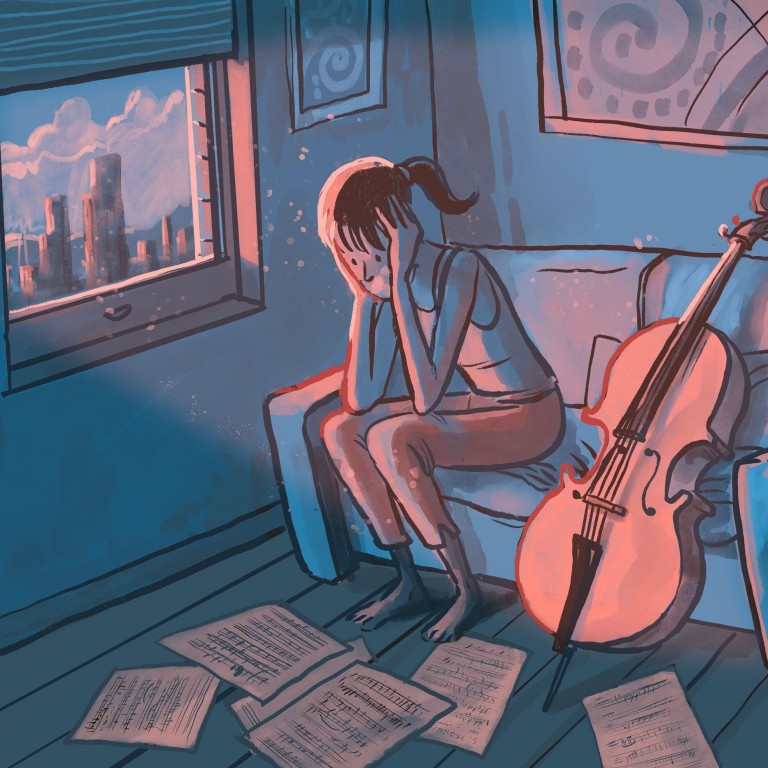
How the pandemic forced the performing arts in Hong Kong to innovate - and artists to stock store shelves to survive
- From aspiring artists to the biggest names in the industry, performers have had to put their careers on hold this year because of Covid-19
- On the other hand music and drama groups have found new ways to present their output online – ideas that will live on after the doors of arts venues swing open
This is the seventh story in a series on the Covid-19 pandemic, a year after the first cases were reported in the mainland city of Wuhan. It explores how the performing arts in Hong Kong have been forced to innovate in the face of this year’s extraordinary events — and how diminished opportunities have taken their toll on the sector’s career professionals. Please support us on our mission to bring you quality journalism.
Covid-19 has made it impossible this year to obey the old troupers’ cry that “the show must go on”.
Back in spring, for example, the cancellation of the Hong Kong Arts Festival (HKAF) meant it was exit stage left for French star Isabelle Adjani, who was to have presented her much-anticipated drama Opening Night. And even the irrepressible Hong Kong diva Lisa Wang Ming-chuen has twice this year seen her planned concert with the Hong Kong Chinese Orchestra cancelled.
“I have been thinking, this is it. ‘Dance-up comedy’ is what I really want to develop as a solo artist. Then, Covid-19 stopped me in my tracks. For a dancer at my age, there is no time to waste,” he says.
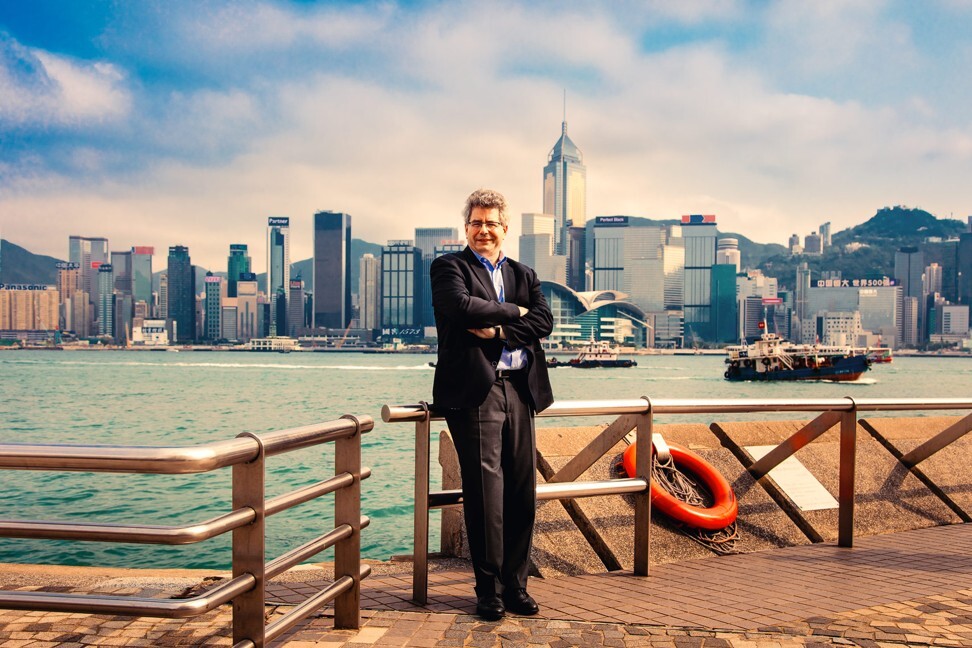
It will be a lean Christmas and new year for the arts industry in Hong Kong, in which 82 per cent of artists and support staff are working without a full-employment contract. Freelance stage manager Libby Cheung Wai-ting has had two stage jobs in the past 14 months – in a normal year, she usually has 20 to 30 shows.
Cheung is chairwoman of the 1,800-strong Hong Kong Theatre Arts Practitioners Union, and she says an opinion poll in the summer found nearly two-thirds of the union’s members had switched jobs. “It has become common for these highly skilled professionals to look for work in convenience stores or at courier companies,” she says.
20 Hong Kong Arts Festival performances lost to coronavirus
The strong sense of camaraderie in the business has prevailed in hard times, however, and those who have successfully applied for funding are coming up with creative ways to share their resources. Class 7A Drama Group was one of 13 applicants that received up to HK$300,000 from the West Kowloon Cultural District Authority’s (WKCDA) HK$3 million Arts Relief Scheme 2020. It in turn offered HK$2,000 to the first 120 drama practitioners who could turn in an original script on an A4-size piece of paper.
“It was first-come-first-serve, rather than based on the quality of the writing. We were just trying to help,” says Leung Shing-him, the group’s founder. Despite not being based on quality, most of the submissions seemed to have taken a considerable amount of effort to produce. “Some scripts were [produced using] a six-point font size. People don’t want to just take a government handout, they want to be able to create,” Leung says.
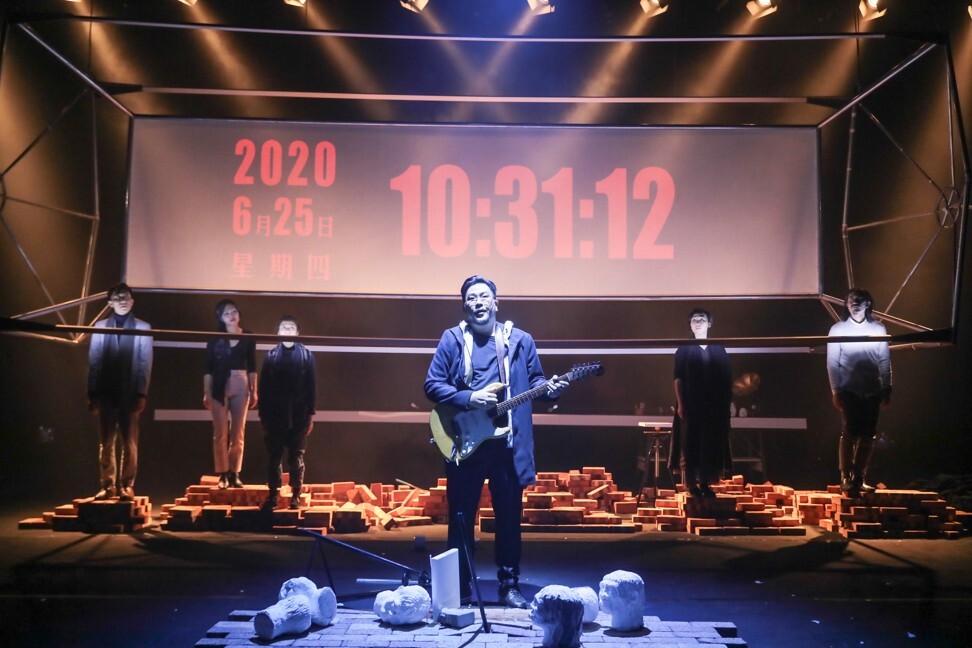
“When I arrived in 2019, there was this positive spirit, but we all know what happened next,” says Benedikt Fohr, chief executive of the HK Phil. Soon after his arrival in Hong Kong in March 2019, anti-government protests over a proposed amendment to extradition law began. Clashes between protesters and the police made access to venues difficult, and some cultural performances were cancelled. Fohr says this year’s pandemic has been much harder to cope with than the protests.
Some of our group have been thinking about acting as a career, but we are losing hope. It has been a really bad year around the world for actors
The mass cancellations have further highlighted the weakness of Urbtix, the ticketing system used exclusively by government performance venues. Refunds can only be issued when a physical ticket is presented but, with venues closed, ticket holders are finding it hard to get refunds – especially those who book online and print their tickets at the concert hall or theatre.
The contract for the ticketing system will expire next year, and the Leisure and Cultural Services Department (LCSD) is in the process of selecting a new contractor.
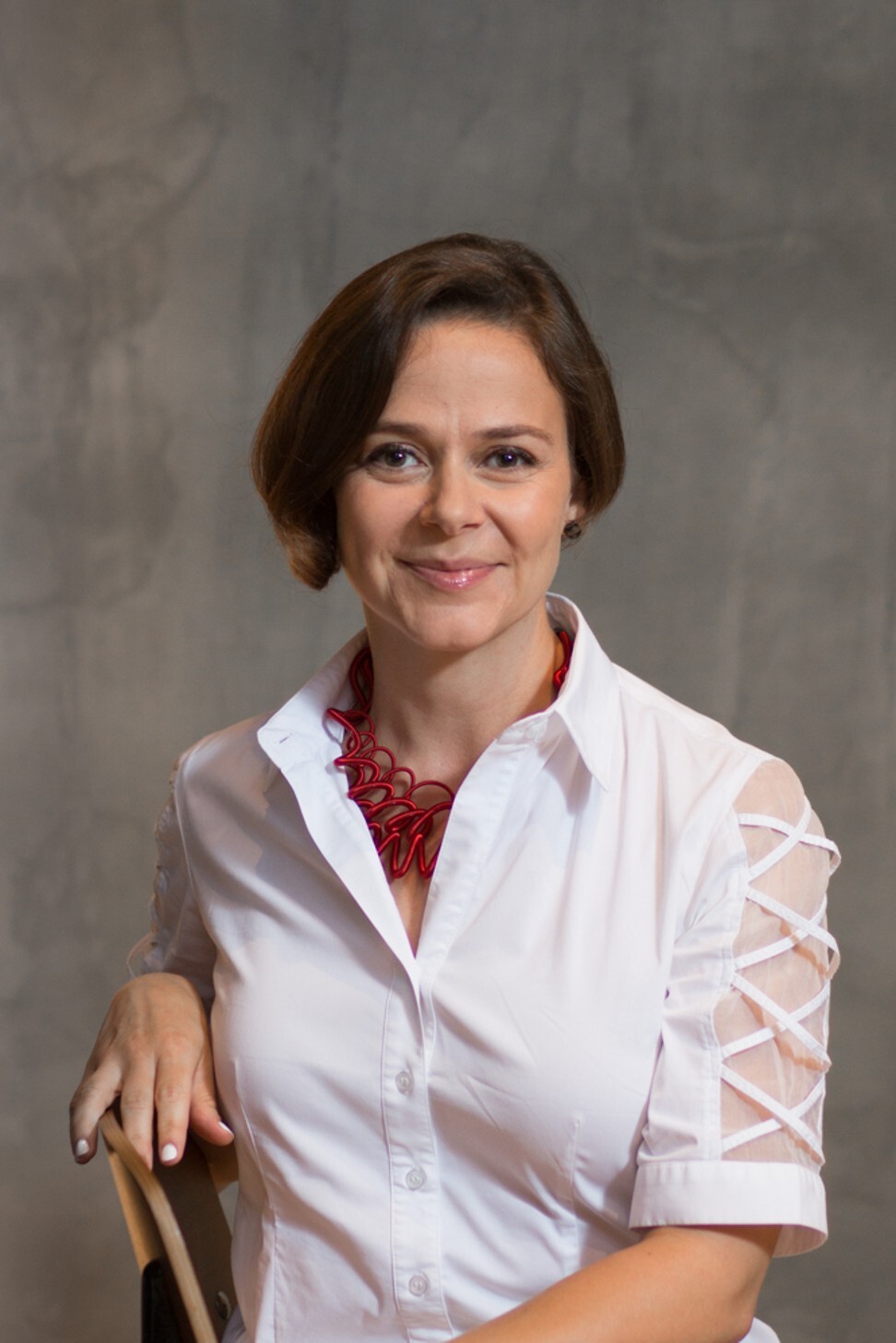
One benefit of this period of restricted travel is a rise in interest of Hong Kong talent. Alison Friedman, artistic director of performing arts at the WKCDA, says that – on the occasions when the cultural district has held live shows this year – the assumption that programmes without international headliners do not sell well has been proven wrong.
Another change is the new focus on online content. The HK Phil, for example, is working on producing recorded and live videos of concerts. At the still-under-construction West Kowloon Cultural District, this shift in priority is readily felt.
“We had thought we must have an online strategy, but let’s get the buildings built first,” says Friedman. When the first wave of shutdowns began, her team responded swiftly by streaming performances online. They are now considering how best to monetise a sharp rise in demand for online arts and culture content.
In Hong Kong, we don’t just talk about a post-Covid-19 world. It’s going to be a post-XX world because there are so many unknowns
Every cultural organisation has upped its online game this year. In many cases, the necessity for experimentation has invigorated and expanded their artistic vision.
For example, On & On Theatre Workshop’s The Phenomenon of Man: Revolver 2021 coped with multiple postponements by turning the first half of the play into a five-episode audio drama, with episodes released online at fortnightly intervals. In June, the finale was performed to a live audience, and included scenes reflecting pro-democracy protests that had just taken place.
The tension and immediacy of the production was especially powerful after a 10-week build-up.
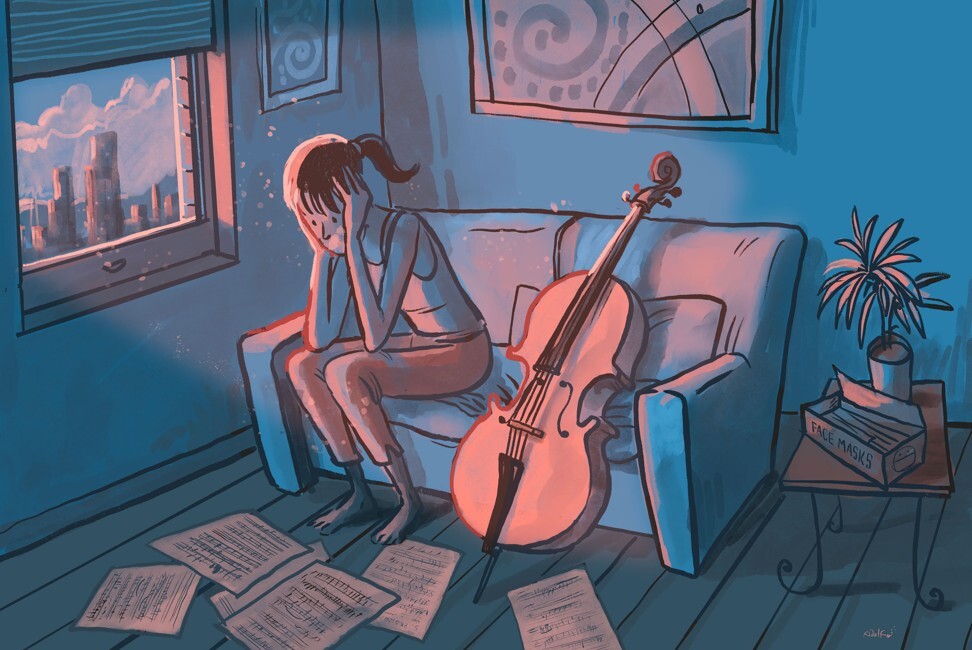
Another highlight of the year was an immersive music and dance performance called Aria, which took place in November at the Forsgate Conservatory in Hong Kong Park. The LCSD originally commissioned it for the cancelled New Vision Arts Festival this year.
When creators Eugene Birman and Kingsley Ng Siu-king adapted it for the partially online (Re)New Vision festival, the result was a suitably dystopian work about pollution. Members of the Hong Kong Children’s Choir, breathing heavily through masks, sang among exotic plants in a giant glasshouse alongside the ghostly holograms of soloists from Denmark’s Theatre of Voices. It was as if the future had already arrived.
Not all organisations can afford to put on a large-scale work like this, especially when social distancing restrictions limits the size of the audience.
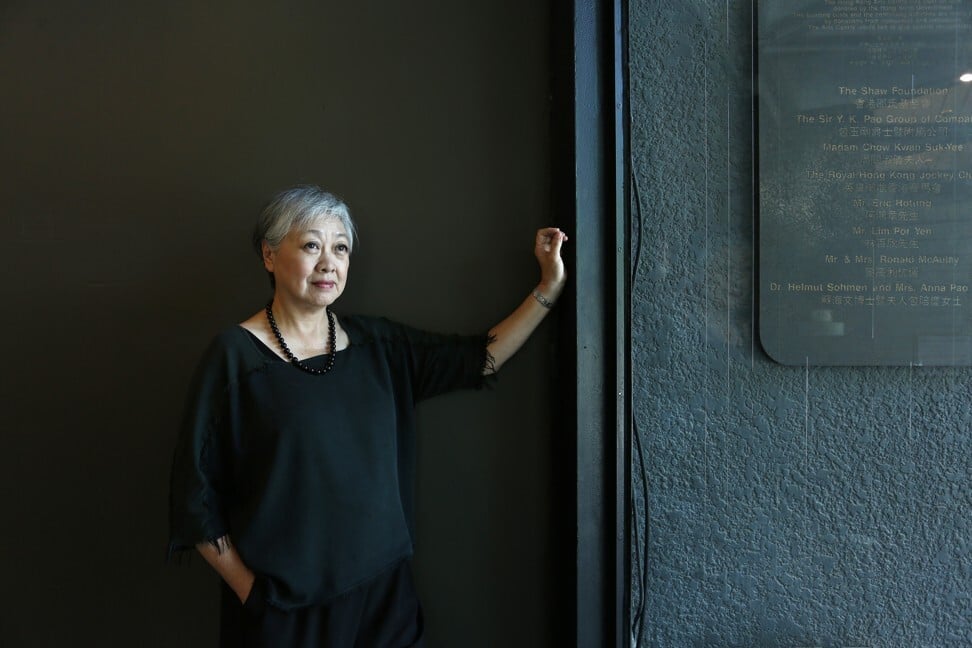
“We don’t own the copyrights of past shows and we don’t have the budget to invest in technology,” says Tisa Ho Kar-kuan, executive director of the Hong Kong Arts Festival, who had to make the painful decision in February to cancel the festival’s entire 2020 edition. A collaboration with The Hong Kong Jockey Club Charities Trust and the Tai Kwun Centre for Heritage and Arts meant some shows could be adapted for small-scale on-site or online performances during the year, she says.
The festival organisers are determined to push ahead with its 2021 edition and, given the uncertainties about air travel, the in-venue performances will be heavily Hong Kong-focused. Two major commissions have been announced: a Cantonese opera based on a biblical story and a Cantonese musical about the young Sun Yat-sen, the founder of modern China. The Sun Yat-sen musical is a preview – the final version will be unveiled during the 50th edition of the HKAF in 2022.
“I have never done so many contingencies of contingencies. We will do as we can, when we can,” Ho says.
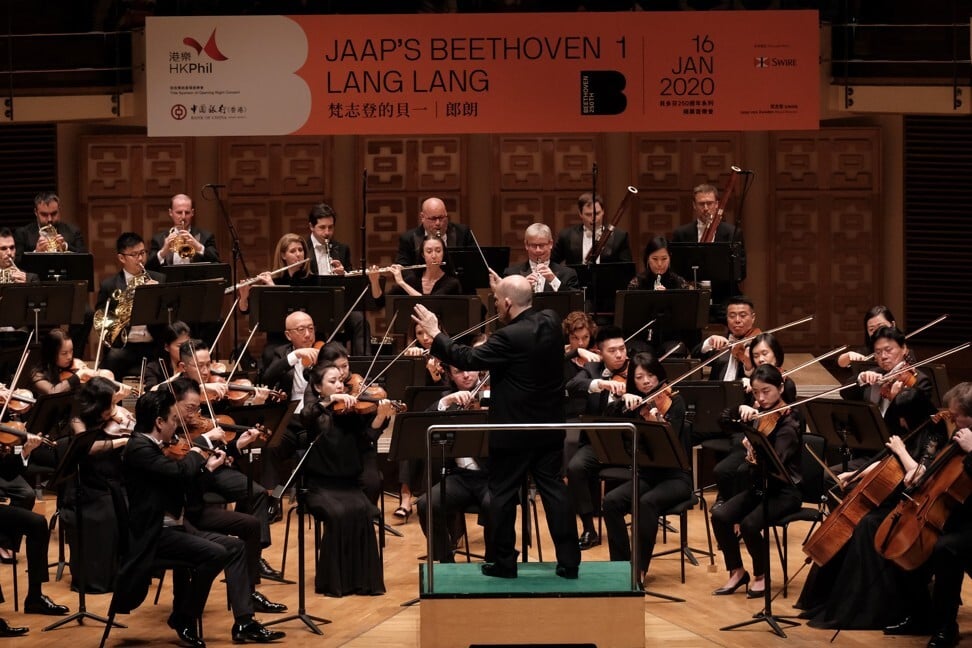
Perhaps the worst change of all is that the dreams of young people are being dashed at a time when an arts career has become more acceptable in a society where practicality often wins out over passion.
“Some of our group have been thinking about acting as a career, but we are losing hope. It has been a really bad year around the world for actors. In light of the situation, my family have persuaded me to make more realistic decisions, and I think I will focus more on continuing my studies in another subject,” she says.
Moonlight producer, lost in Hong Kong, filmed his failure
The pandemic has also highlighted artists’ dependence on public funding in a city with a very small independent commercial arts sector – something which is making people nervous.
Still, the year has seen an outpouring of creative energy and interest in the local arts scene – the fundamental ingredients for cultural richness in the city. Some artists, like Yang, are using this time to pick up new skills. In September, he enrolled in the City University of Hong Kong’s master of fine arts in creative media to learn about multimedia production.
Fohr at the HK Phil remains hopeful. “We may be taking a short break now but, generally speaking, with so many new initiatives happening in Hong Kong, it is only a matter of time before the city is put on the international map,” he says.











